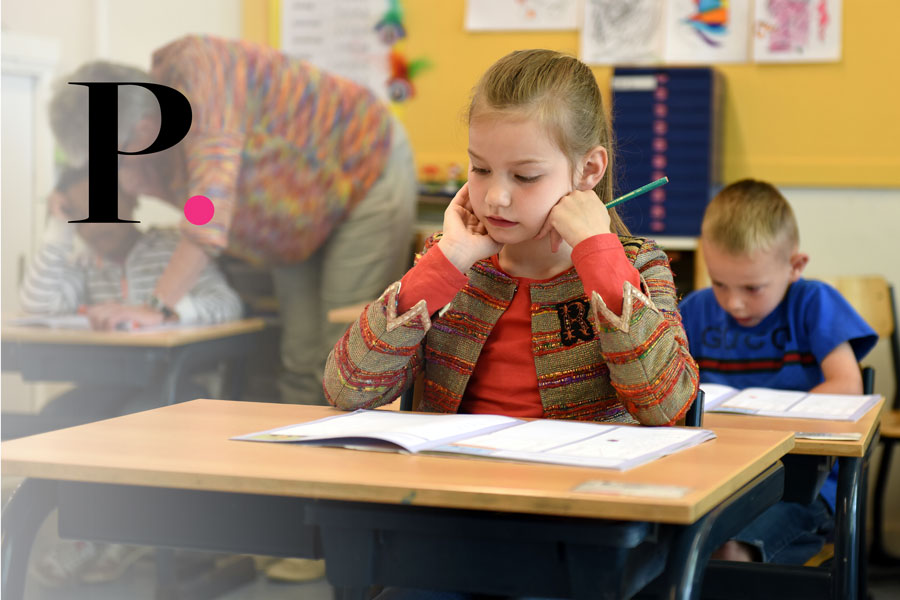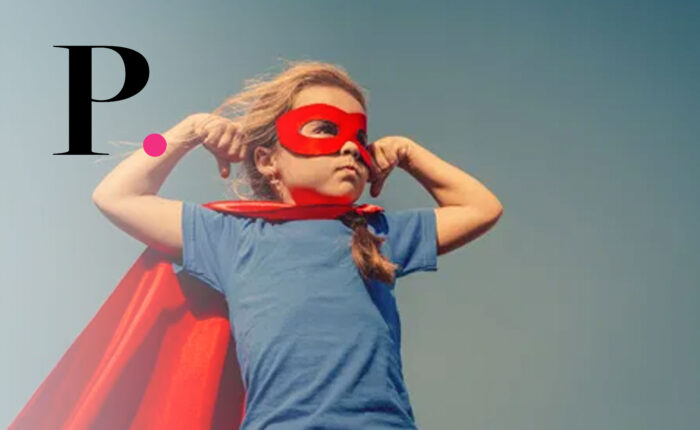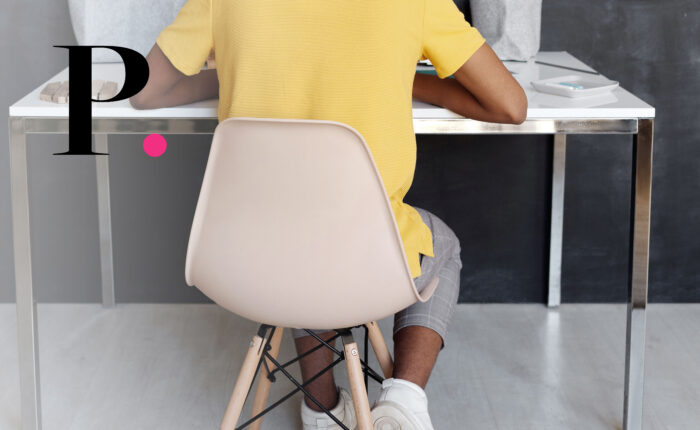Many speculations have been going around, to such an extent that it all came to look like a Dickensian allegory – “It was the best of times, it was the worst of times”. Every moment of change, however, has to be seen as a great opportunity to learn, and in order to achieve good results, we need to rely on the experts.
The times we are currently living in seem to be changing continuously, and there is little certainty regarding so many aspects of everyday life: How will the working landscape be – will offices become obsolete and are we going to work entirely from home? Where is the digital revolution going to take us – will social distancing become a routine on the long-term? How is the learning process going to be transformed – will problem-solving skills win over the traditional memorizing? These are all questions to which no one has firm answers so far, and many speculations have been going around about the changing environment. Every moment of change, however, has to be seen as a great opportunity to learn.
Learning and education have been for many decades associated with the elite. Nevertheless, even though those time have passed, today it is not uncommon the belief that education happens only in the classroom – led by teachers that deliver an academic curriculum.
Who is the third teacher?
The Reggio Emilia philosophy positions the environment as the third teacher, a space that provides plenty of opportunities for students to explore, experiment, develop their ideas, and test their theories. In order to get accurate information and real-life examples about how effective are the learning environments, it is the academic staff from both the public and private education sector who can share the most relevant observations. Already a common practice at an international level, a casual conversation with Richard Joannides, founder of Verita International School, revealed that many of the third teacher notions are starting to be implemented in Romania as well.
What are the main benefits of the third teacher?
A solid education is no longer based solely on information, but is rather a balanced mix between high-tech (high-performance science labs, cloud technologies etc) and low-tech (farming, gardening and reconnecting with nature). Academic institutions will have no choice but to keep this in mind when making changes or investing in their infrastructure, in order to provide the adequate environment that supports students throughout their learning process. It has been proven scientifically that movement is very important in the learning process, and thus there will be a lot of alternative educational activities rather than just sitting in a chair during lessons. In order to thrive and prepare students for adult life, physical spaces within schools will have to promote collaborative and project-based learning, shifting from didactic arrangements to a no-hierarchical display. In other words, the switch from the teacher-centered learning paradigm to the student-centered one is a necessity that affords no more delays. Consequently, teachers’ roles will change toward acting as facilitators rather than policemen struggling to maintain order and discipline during classes. Students should be empowered more by setting general rules. Only in adaptive environments like these, problem-solving skills, critical thinking and asking questions will be able to become core abilities to be trained and educated.
What are the education players doing about it?
“The architectural needs of a school play an important role that ends up reflecting the vision and the values promoted, and we like to practice what we preach”, says Richard Joannides, founder of Verita International School in Bucharest. The school Richard leads is soon to have a brand-new campus through which the aim is to achieve an embodiment of reconnecting students with nature. Practicality and innovation will be amongst the key words defining the new education space, proving that new and fresh approaches are possible. The new campus (currently estimated as a 12M euro project) will be fully sustainable, with zero emissions – a Flagship to whom Verita School represents as a community. Because many school buildings turn out to be very impractical, the focus for this new construction will be on the flow of children and the relationship between interior and exterior space. “It will be like a Tesla for the education infrastructure, using solar panels and other eco-friendly building techniques, considering all aspects from sunlight/ shade, orientation, wind, filtering systems, recycled materials to using non-toxic paint & adhesives and ergonomic furniture.”, Richard explained.
“It will be like a Tesla for the education infrastructure, using solar panels and other eco-friendly building techniques, considering all aspects from sunlight/ shade, orientation, wind, filtering systems, recycled materials to using non-toxic paint & adhesives and ergonomic furniture.”
Richard Joannides, Founder Verita International School
Read more about schools, the money question, and who is ready to invest here.
School campus architecture should be about how to create spaces for the community of students, teachers and parents, rather than marking divisions and clusters. It has been proven scientifically that collaborative spaces create great problem solvers. With this in mind, the education players’ goals should be how to create great independent thinkers and problem solvers, while keeping on the table the cultural/ general knowledge aspects and the importance of information.
It is more and more clear that today, learning by memorizing does not apply anymore, and AI is slowly taking away that part of the economy. Under no circumstance, this aspect should create fear, but rather act as an indicator for the need of change. Taking the COVID situation as an unfortunate example, this has brought forward new types of thinkers. Businesses from all sectors not managing to think outside the box found themselves blocked, and this has put light onto those who managed to spot new opportunities and reinvent themselves.
How do we benefit from it? Challenges vs achievements.
The main challenge for schools however, remains the lack of funding. Nevertheless, there is always a way of adapting existing spaces with simple and effective ways to make the environment different and more effective. Simple examples like having chairs replaced by therapy balls for children to sit on, transforms the “classical” classroom with rows of desks and chairs into a more dynamic environment. Besides, it is always a better option to keep an open space flexible, hosting different areas of study, even though at first it might seem chaotic. Separate spaces where groups can work together, different corners dedicated to specific projects, sitting alternatives to chairs (therapy balls, bean bags or poufs), connecting tables that allow quick and easy changes are just a few smart and easy solutions to implement that can make a huge difference. Naturally, on the long-term, it is always better and more sustainable to spend a little more money on quality furniture that can last from 10-12 years, rather than opt for economical options that most probably will need replacement after only 3-4 years.
Conclusions
On a closer look, it will show that the third teacher is present everywhere, not only in K-12, but also in higher-education and the corporate world. New generations often have difficulties in coping with real life situations because they have not been trained for it, and this translates into giving up easily, not keeping a job for too long, and having trouble adapting. Growing up in a bubble where everything is provided for and going through an education system that spoon-feeds information does not count as training for taking major decisions. The environment in which we work, live or study has to act as a facilitator for our personal development, encouraging the exploration, development of ideas, critical thinking and means of expression.
Articol authored by Arh. Miruna Pavoni and originally published on Business Review.





